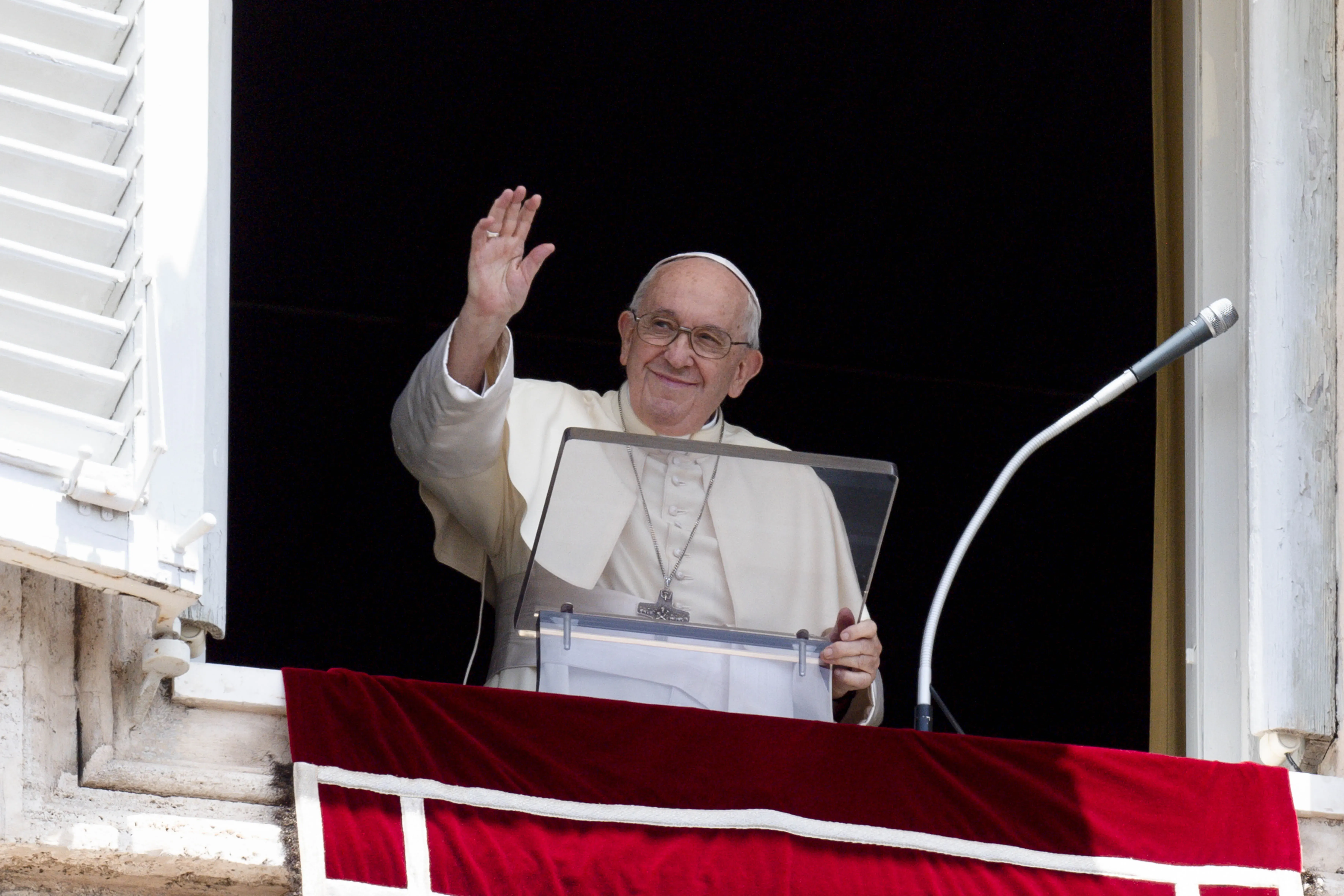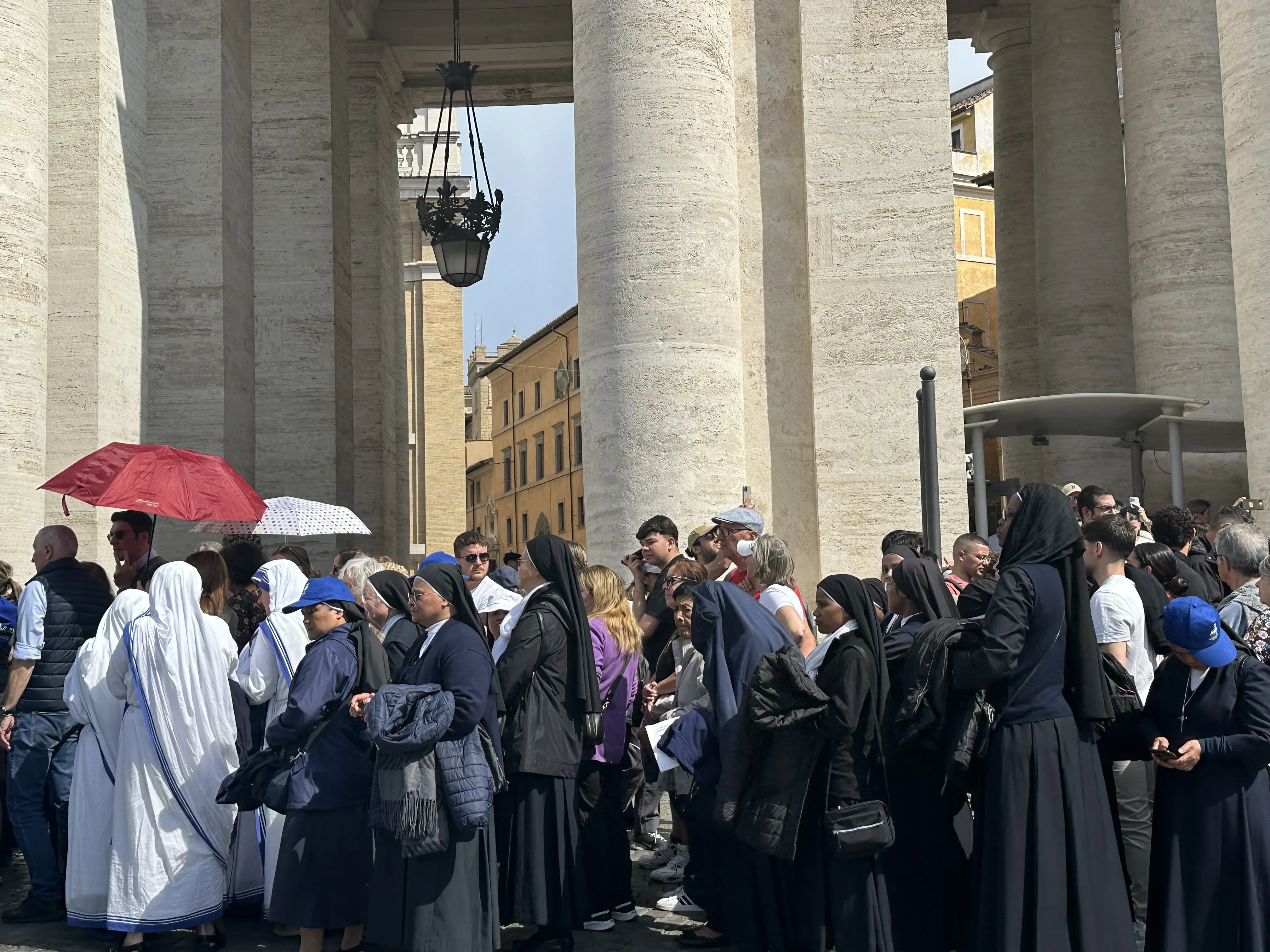Pope Francis reflected on how Jesus sent his disciples “two by two” in Sunday’s Gospel (Luke 10:1-9).
“The disciples were sent two by two, not individually. Going on a mission two by two, from a practical point of view, would seem to have more disadvantages than advantages. There is a risk that the two do not get along, that they have a different pace, that one gets tired or gets sick along the way, forcing the other to stop too. On the other hand, when you are alone, it seems that the journey becomes faster and smoother. However, Jesus does not think so: in front of him he does not send lonely people, but disciples who go two by two,” the pope said.
“Let us ask ourselves if we have the ability to collaborate, if we know how to make decisions together, sincerely respecting those around us and taking into account their point of view, if we do it in community, not alone. In fact, it is above all in this way that the life of the disciple reveals that of the Master, really announcing him to others,” he said.
After praying the Angelus with the crowd, Pope Francis prayed for peace in Ukraine.
“I appeal to the leaders of nations and international organizations to react to the tendency to accentuate conflict and confrontation,” he said.
The pope underlined that the world needs to move from focusing on political, economic, and military power strategies to a “global peace project,” which says “no to a world divided among conflicting powers” and “yes to a world united among peoples and civilizations that respect each other.”
He said: “The world needs peace — not a peace based on the balance of arms, on mutual fear. No, this will not do. This is turning history back seventy years.”
“The Ukrainian crisis should have been, but — if you want it to be — can still become a challenge for wise statesmen, capable of building in dialogue a better world for new generations. With God's help, this is always possible!”
Courtney Mares is a Rome Correspondent for Catholic News Agency. A graduate of Harvard University, she has reported from news bureaus on three continents and was awarded the Gardner Fellowship for her work with North Korean refugees.








